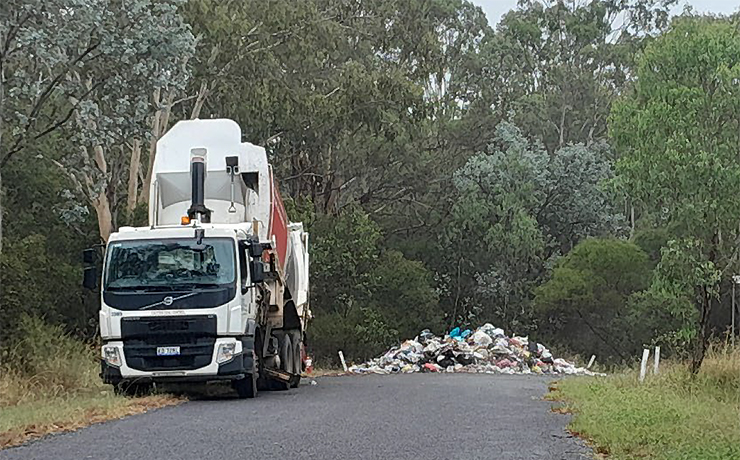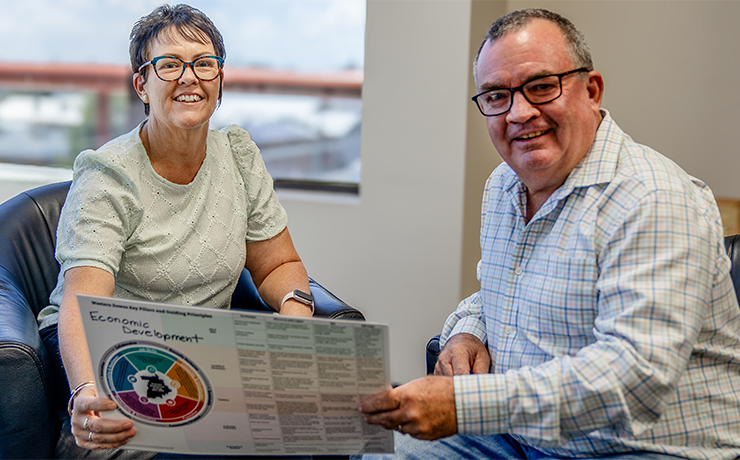
October 16, 2016
Rural employers concerned about the effects of the so-called Backpacker Tax on scaring away farm labour could also start looking in their own backyards if a report released on Saturday by the Fair Work Ombudsman is any indication.
The report is the result of a two-year-national inquiry into the experiences of 417 visa holders in Australia, which included interviews with regional employers, unions, councils and other stakeholders, regional visits and interviews with more than 4000 backpackers.
The 417 visa is a temporary visa issued by the Department of Immigration to young people who want to holiday and work in Australia.
To be eligible to stay in Australia for a second year on a 417 visa, a visa-holder is required to undertake 88 days specified paid work in their first year in a designated regional area and in certain industries, such as agriculture, fishing, or meat and poultry production.
The inquiry found what it described as “concerning patterns of behaviour” with respect to the treatment of backpackers, including:
- Underpayment and non-payment of wages,
- Sexual harassment and workplace health and safety issues,
- Exploitative workforce cultures and behaviours in isolated and remote workplaces,
- Employers and hostels withholding passports without authority,
- Employers engaging in sophisticated labour supply chains involving sham contracting, with visa-holders being engaged as contractors and not employees,
- Employers making unlawful deductions from wages and unlawfully requiring visa-holders to spend part or all of their wages in an unreasonable manner,
- Employers requiring visa-holders to do unpaid work in exchange for providing evidence that they had completed 88 days requisite paid work,
- Visa-holders offering, or being induced to offer, payment to employers and third parties for assistance to gain a second-year 417 visa,
- Employers recruiting workers by offering to assist them with second-year visa requirements if they agree to perform unpaid work,
- Employers advertising jobs to overseas workers seeking a second-year 417 visa, but then imposing unlawful demands and conditions, such as requesting they pay for the job and for accommodation,
- Visa-holders working for free in exchange for non-certified accommodation programs, and
- Employers requiring visa-holders to pay money up-front for tools and equipment that the business was legally required to provide.
It also found that the 88-day requirement was having the unintended consequence of driving some vulnerable workers to enter into potentially unsafe situations and to agree to work for below minimum entitlements.
The need for the visa-holders to produce evidence from their employer that they have completed 88 days requisite paid work was placing some overseas workers seeking a second-year visa in a precarious situation.
Safety concerns were raised particularly where young workers – especially women with limited English travelling alone – were encouraged through the 417 second-year visa requirements to travel to remote areas to undertake specified work.
The power imbalance was creating an environment where some unscrupulous operators were exploiting vulnerable visa-holders who were reluctant to report unsafe working conditions, sexual harassment and other forms of exploitation for fear that employers would refuse to provide the required evidence.
The inquiry found many instances of 417 visa-holders finding themselves in situations where they had no option but to agree to the conditions imposed on them by their employers.
The inquiry noted that there was no legal or statutory requirement for an employer to sign the Employment Verification Form and there were no penalties for employers who refused to sign the form even when the work had been completed.
The Fair Work Ombudsman has prepared a set of recommendations which she will submit to the Federal Government’s recently announced Migrant Worker Taskforce for consideration.
“The inquiry findings show that while many 417 visa-holders who work in Australia have a positive experience, many are being subjected to underpayment or non-payment, unlawful deductions, sexual harassment, unsafe working conditions and other forms of exploitation,” Fair Work Ombudsman Natalie James said.
“The backpacker labour force is vital to some industries associated with food production in regional areas but we are at risk of it being a black-market, exploited labour force if the settings remain the same.”
- Download the full report online
























